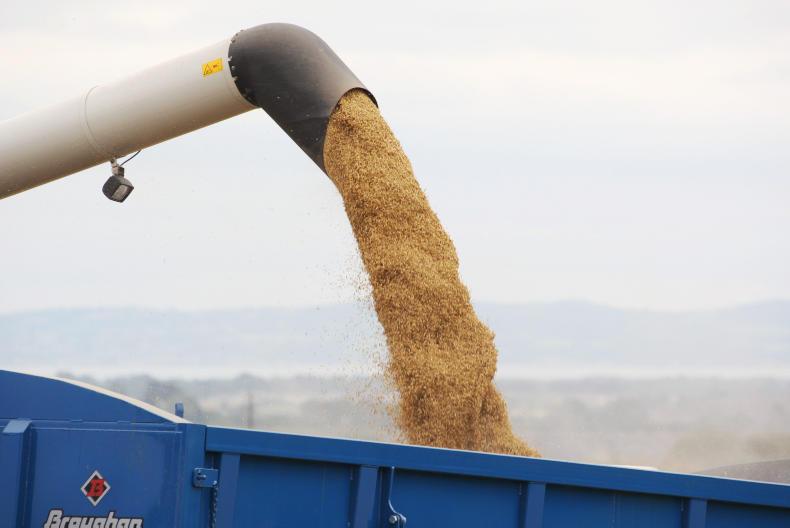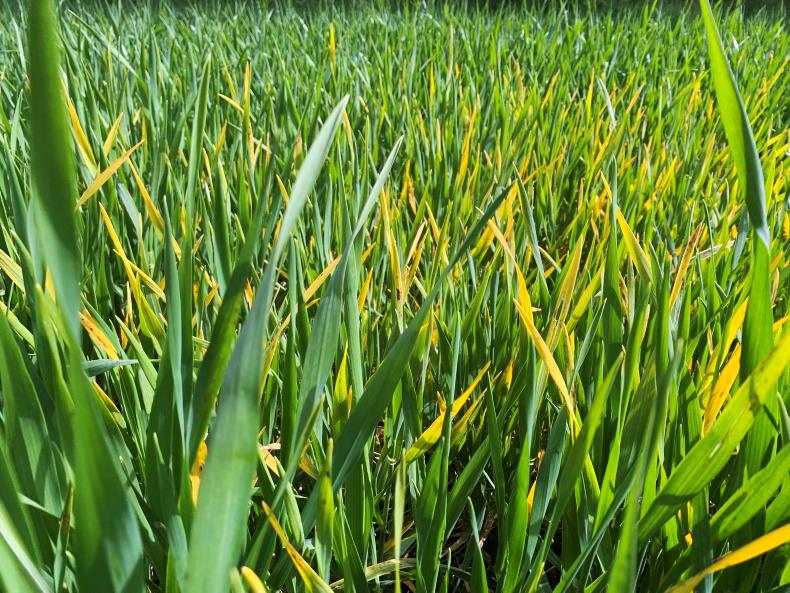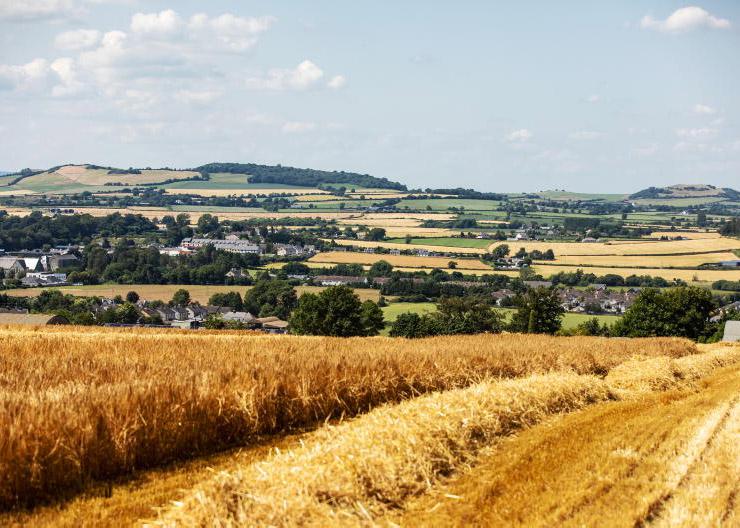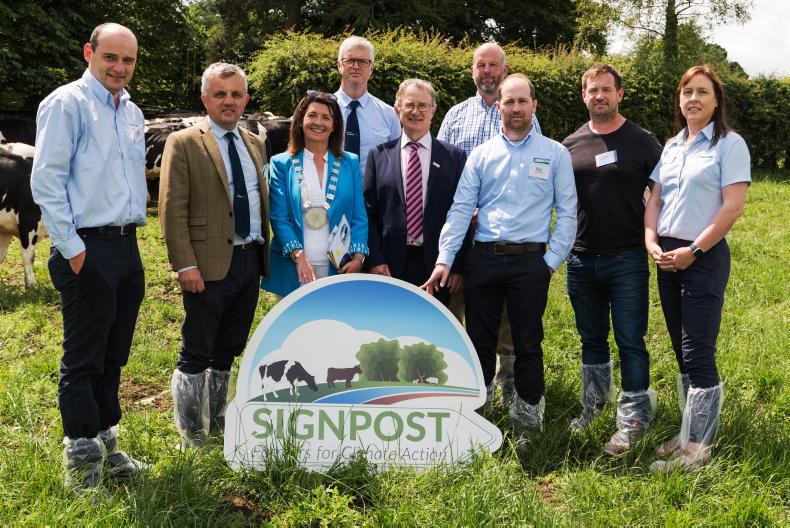Irish whiskey’s status as a geographical indication (GI) has been approved, but without any requirement to include Irish grain.
The GI certification scheme recognises: “a given quality, reputation or other characteristic.... essentially attributable to its geographic origin.”
The source of malting barley for distilling is a hot topic this year.
In February, a Boortmalt representative told farmers that their customers were quite happy with importing barley.
Some 29 companies were approved as “whiskey premises” under a technical file previously published in 2016.
The reputation of Irish whiskey worldwide has been built on the shoulders of our malting barley, which has for centuries been exported to wherever distilling has taken place
Now, the Revenue is calling on whiskey brand owners to apply for GI status for their products.
Irish Grain Growers chairman Bobby Miller is calling for recognition for Irish grain in the technical specification for Irish spirits, particularly whiskey.
“The reputation of Irish whiskey worldwide has been built on the shoulders of our malting barley, which has for centuries been exported to wherever distilling has taken place,” he said.
“Irish whiskey gaining protected status without offering any protection to our vulnerable grain sector calls the integrity of the whole “GI” programme into question.
Distillers particularly, must come clean on the tonnage of maize they are importing.”
William Lavelle, head of the Irish Whiskey Association said: “The Irish whiskey industry is committed to supporting Irish farmers, with Irish whiskey distilleries sourcing nearly all of their malt from Irish malting houses and unmalted barley from Irish tillage farmers.
“The Irish whiskey industry must import peated malt, primarily from Scotland. Small quantities of some speciality malts are also imported.”










SHARING OPTIONS